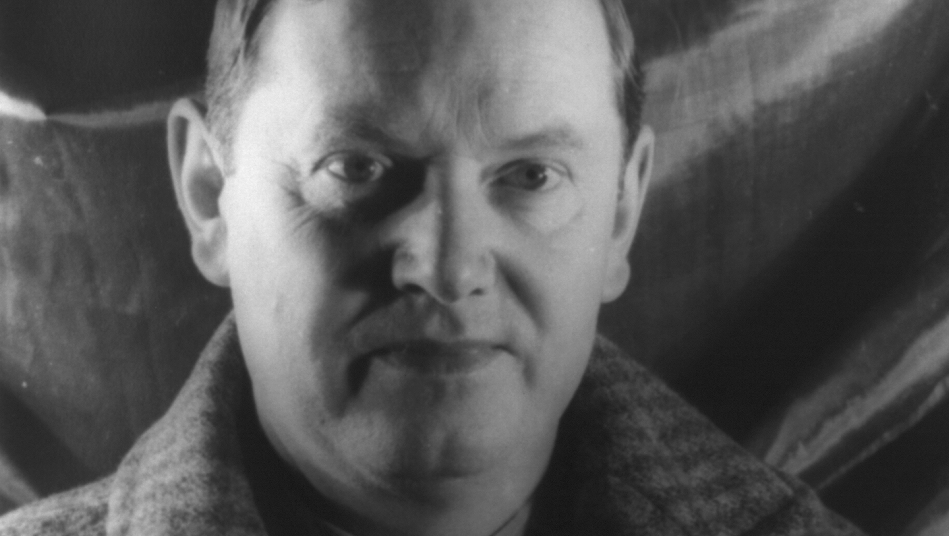Brideshead Revisited is not a book about Oxford: it is a book about aristocracy, religion, and death. Yet somehow, almost 75 years after it was first written, it continues to be one of the most famous fictional portrayals of life at our university. Our enduring fascination with Waugh’s portrait of university life, peppered with the drunken antics of rebellious upperclassmen, anecdotes of the eccentric and fashion forward Anthony Blanche, and the dramatic sending down of the troubled young Lord Sebastian Flyte, says something about how we see Oxford today. A clash is emerging between this traditional image of the university, and what a modern Oxford would like to be.
The normality of our university, especially in the present day, is edited out of literature like Brideshead Revisited. Yes, the Bodleian has a distinctly ‘Oxford’ vibe, but most of us drown out the sights and sounds of such historic locations with the sterile glow of a laptop screen and a playlist of blaring pop music that makes the next hour of study tolerable. When you are running down the High Street to a lecture that started 10 minutes ago, you stop appreciating the remarkable architecture of our city.
However, normality doesn’t make for a particularly good story. It is a natural human inclination to want to be part of something exclusive, and I think our attachment to such fantastical portrayals of life at Oxford demonstrates this. We like the fact that we are part of an institution that is a bit of a mystery to those on the outside. The existence of this sentiment is confirmed by the popularity of sub fusc among the student body and the endurance of a whole host of other traditions that are entirely superfluous aside from the fact that they are fun to indulge in.
Interestingly, the Oxford of Brideshead Revisited is from the 1940s. The university was definitely more exclusive in decades gone by, and it was almost certainly closer to the world that Waugh describes. But the fact that our cultural imprint is still drawing on an Oxford that no longer exists is revealing in itself. In recent times, Oxford has undergone a drive towards accessibility and diversification that has, in many ways, caused our university to change beyond recognition. There has been a vigorous emphasis on making university seem accessible to all and showing potential students that there is a place at Oxford for people of all backgrounds.
The fact that the legacy of this literature, and the picture of Oxford to which it has contributed, is something that now has to be fought against, shows just how pervasive such images can be. These more recent access movements that try to address the problematic side effects of magnifying these unrealistic aspects of Oxford life show us that it may be time for a new genre of ‘Oxford’ literature.
This leaves us with two conflicting forces that are currently meeting when it comes to our cultural and literary portrayals of Oxford. One enjoys the semi-historic, mystical and ostentatious picture that has been expressed through Brideshead Revisited, but also other literature and films like The History Boys and The Riot Club. Another seeks a more realistic, constructive, forward-looking version of our university that might allow it to open its doors to a wider group of students. Only time will tell the fate of iconic ‘Oxford’ literature like Brideshead Revisited as this struggle plays out.



